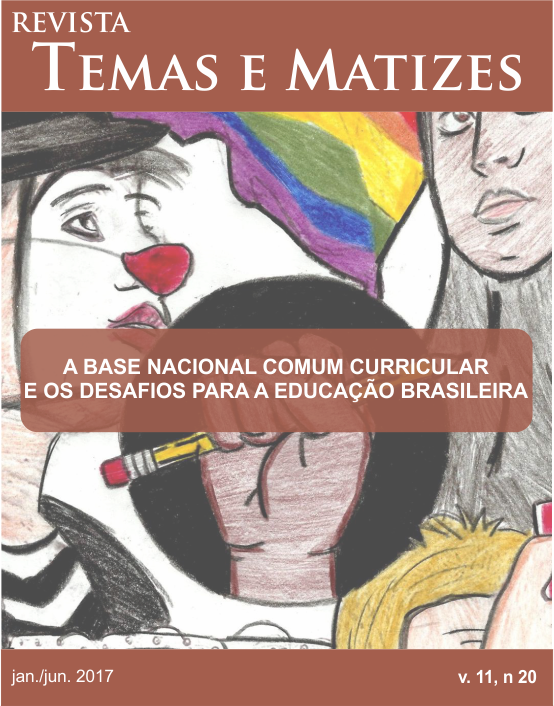Rural education in the lens of science: the schooling of the inner as a means of occupation of the interland of Paraná
DOI:
https://doi.org/10.48075/rtm.v11i20.17611Keywords:
borders, evolutionism, immigration.Abstract
By the end of the eighteenth century until the mid-nineteenth, many discussions happened about the territoriality of Brazil. There was a unique nearness, almost accomplice from the pattern of thought emanating from evolutionary/naturalist philosophy, conveyed in the Brazilian academy, especially in the School of Philosophy of Sao Paulo and the actions of immigrant settlement. In a perspective of macro and micro historical relation, it suggests to perceive the materiality of an imaginary science taking shape in the organization of the territoriality in southern Brazil, focusing specifically the case of the State of Parana. Dismembered from the Province of Sao Paulo in 1853 its headquarters is centered in Curitiba. Until the late '40s, little was known about the "ends of the hinterlands." The access to the border between Brazil and Paraguay, where today demarks the municipality of Foz do Iguaçu, were accessible by Argentina due to difficulties or nonexistence of access from the capital to the interior. Doctors, teachers and settlers were individuals or social groups and founders of the domestication of the hinterland.
Downloads
Published
How to Cite
Issue
Section
License
Aviso de Direito Autoral Creative Commons
Política para Periódicos de Acesso Livre
Autores que publicam nesta revista concordam com os seguintes termos:
1. Autores mantém os direitos autorais e concedem à revista o direito de primeira publicação, com o trabalho simultaneamente licenciado sob a Licença Creative Commons Attribution que permite o compartilhamento do trabalho com reconhecimento da autoria e publicação inicial nesta revista.2. Autores têm autorização para assumir contratos adicionais separadamente, para distribuição não-exclusiva da versão do trabalho publicada nesta revista (ex.: publicar em repositório institucional ou como capítulo de livro), com reconhecimento de autoria e publicação inicial nesta revista.
3. Autores têm permissão e são estimulados a publicar e distribuir seu trabalho online (ex.: em repositórios institucionais ou na sua página pessoal) a qualquer ponto antes ou durante o processo editorial, já que isso pode gerar alterações produtivas, bem como aumentar o impacto e a citação do trabalho publicado (Veja O Efeito do Acesso Livre).
Licença Creative Commons
Esta obra está licenciada com uma Licença Creative Commons Atribuição-NãoComercial-CompartilhaIgual 4.0 Internacional, o que permite compartilhar, copiar, distribuir, exibir, reproduzir, a totalidade ou partes desde que não tenha objetivo comercial e sejam citados os autores e a fonte.


